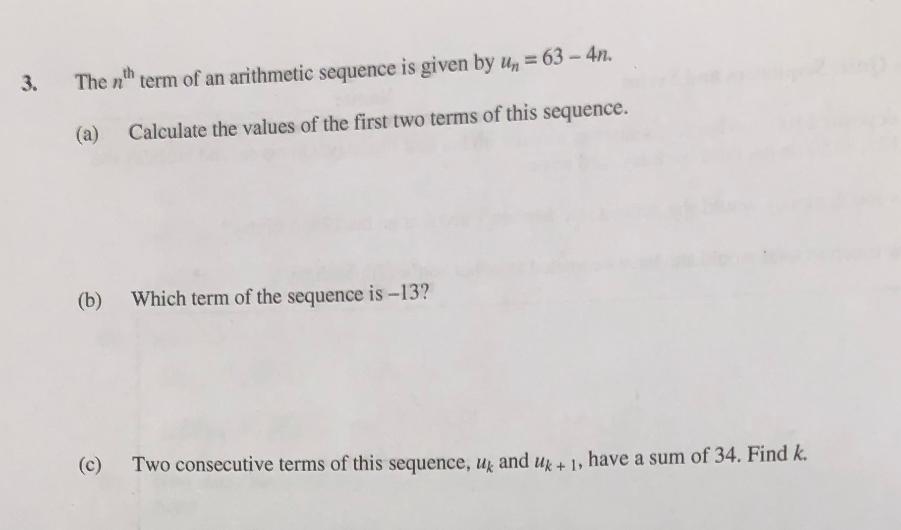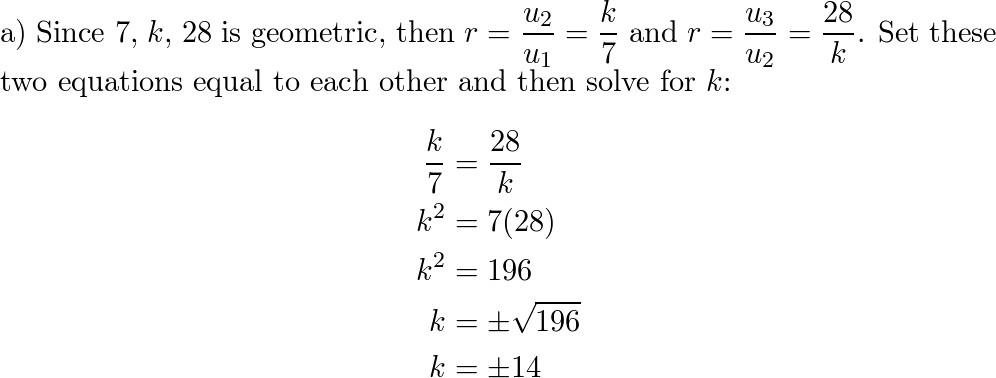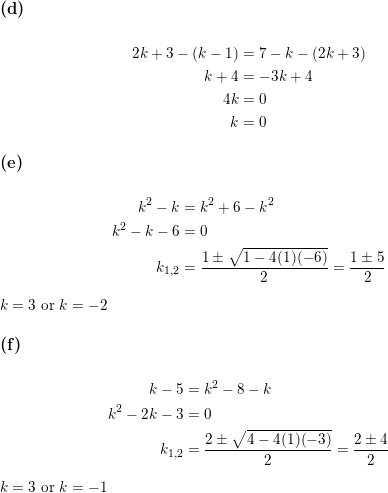How to prove that the following are also consecutive terms of an arithmetic sequence: (b+c), (c+a), (a+b) - Quora

The sum of three consecutive terms in an arithmetic progression is 6 and their product is - 120 . Find the three numbers.

The Difference between a number and its square | MYP| MAA | MAI| HL|SL| IGCSE| SAT by MATHS MAGIC - YouTube




















